 |
 |
 |
 |
 |
 |
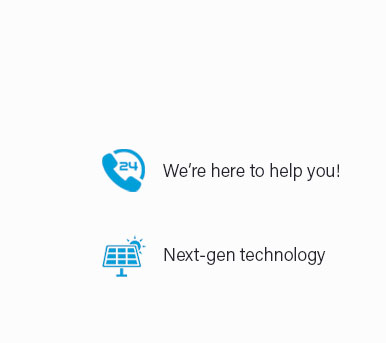 |
 |
 |
 |
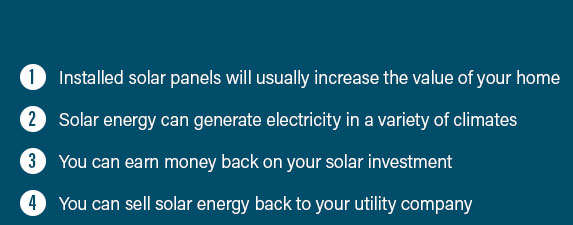 |
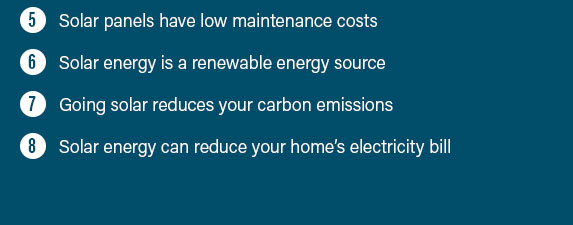 |
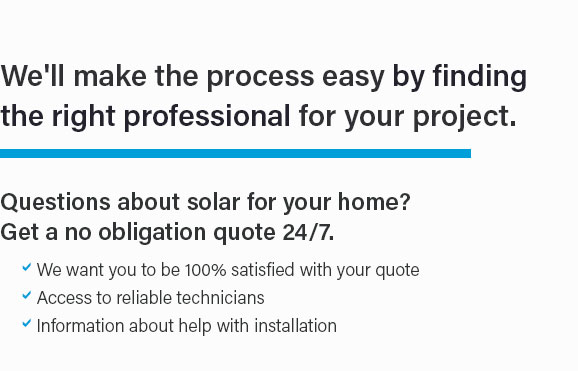 |
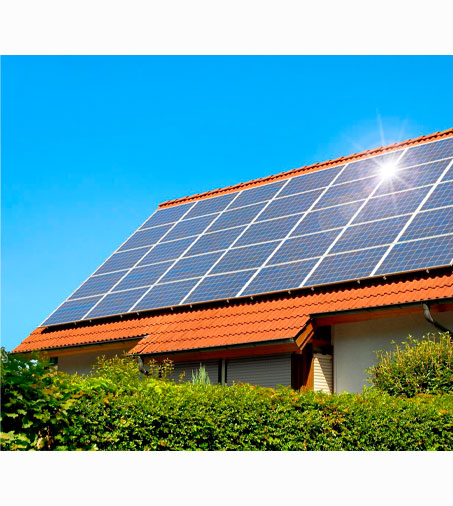 |
|
 |
 |
 |
|
Unlock the future of energy savings and sustainable living with our unbeatable solar panels installation quote for New Jersey residents-experience the power of the sun like never before as our expert team transforms your home into an eco-friendly powerhouse, reducing your carbon footprint and slashing your energy bills, all while boosting your property's value; don't wait, make the smart choice today and join the green revolution with the best in the business, because when it comes to install solar panels NJ, we don't just meet expectations, we shatter them.
https://www.solarreviews.com/blog/free-solar-panels-in-new-jersey
No, solar panels are not free in New Jersey. Solar companies use the term free solar panels when they're talking about solar leases and PPAs. https://njcleanenergy.com/renewable-energy/tools-and-resources/ownership-financing-options
A typical lease term is 15 to 25 years. The solar leasing company/developer pays for and/or performs the procurement and installation of the system, repairs and ... https://www.solarenergyworld.com/new-jersey-solar/
Learn how to select the best NJ solar installer and educate yourself about the benefits of solar energy, the installation process, potential costs, possible ...
|